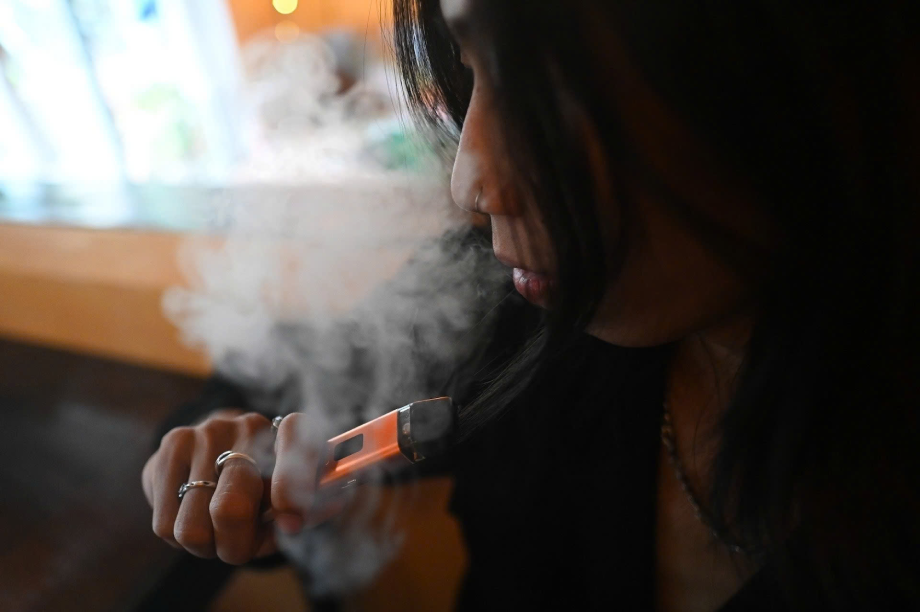According to MSc. Nguyen Tuan Lam of the World Health Organization (WHO) in Vietnam, new-generation tobacco products, including e-cigarettes (ECs), heated tobacco products (HTPs), and hybrid variants, pose significant health risks.
Currently, ECs are designed in various trendy shapes and sizes, such as pens, USB drives, lipsticks, milk cartons, and even toys with features like glowing lights and music. These designs appeal particularly to young people. Many products are flavored with scents like menthol, fruit, and coffee, with an estimated 15,000 flavoring agents used.
Ingredients in new-generation tobacco products include nicotine, propylene glycol, vegetable glycerin, flavoring agents, ethylene glycol, diethylene glycol, and metals like lead, silver, cadmium, chromium, mercury, and nickel.

A Ministry of Health report shows that ECs pose similar risks of chronic diseases as traditional cigarettes:
- Respiratory: Impaired lung function due to obstruction.
- Cardiovascular: Vascular dysfunction, atherosclerosis, thrombosis, coronary artery disease, heart attacks, hypertension, and strokes.
- Cancer: DNA damage increases cancer risks and resistance to chemotherapy.
- Mental and Neurological: Psychological impacts on youth, increased stress, and reduced emotional stability.
- Oral Health: Gum disease, cavities, bone loss around teeth, oral mucosal damage, and increased risk of oral infections.
Dr. Nguyen Khanh Phuong, Director of the Health Strategy and Policy Institute, revealed that over 1,200 emergency cases related to ECs were reported nationwide in 2023, including allergies, poisoning, acute lung damage, and strokes. Among these cases:
- 5.8% were under 18 years old.
- 10.5% were female.
- 6.6% were first-time users.
- 89.6% used both ECs and conventional cigarettes.
Dr. Phuong also highlighted a growing trend of EC products mixed with synthetic drugs, such as cannabis, from 2022 to 2024. Bach Mai Hospital’s Poison Control Center (Hanoi) handled nearly 130 poisoning cases from EC use between 2022 and 2023, including cases involving drug intoxication.
Proposal for a total ban
Dr. Phuong noted that 42 countries, including five ASEAN members, have banned nicotine-containing ECs. Globally, 74 countries, including Vietnam, have yet to implement regulations on such products.
In response to the harms caused by new-generation tobacco, the Ministry of Health has proposed that the National Assembly issue a resolution to ban the import, production, distribution, sale, advertisement, and promotion of ECs and HTPs in Vietnam. These regulations are expected to be incorporated into future amendments to the Law on Tobacco Control.
Sharing success stories, Dr. Phuong mentioned Singapore and Cambodia, where bans on EC and HTP usage and sales significantly reduced their prevalence. For instance:
- In Cambodia, EC use among children dropped from 2.4% to 0.9% (2022), and among adults to just 0.02% in 2021.
- HTP usage among children fell to 0.5%, and adult usage was negligible.
Vietnam can draw from regional and international experiences to combat new-generation tobacco effectively. Key measures include:
- Intensifying public communication and education, especially targeting students, parents, and teachers, about the dangers of new tobacco products.
- Recognizing and countering marketing strategies aimed at attracting new users.
- Launching community campaigns to reject new-generation tobacco products.
- Enforcing penalties for violations and promoting interagency cooperation among law enforcement bodies.